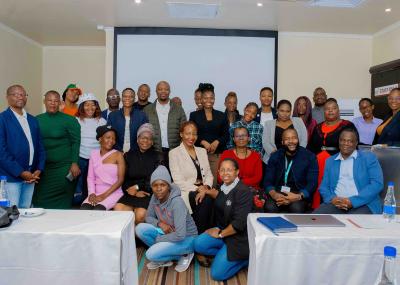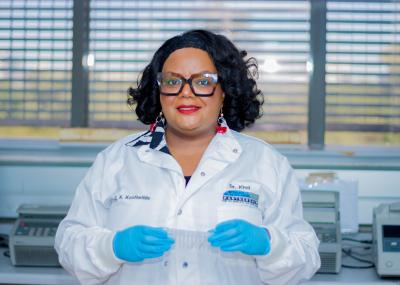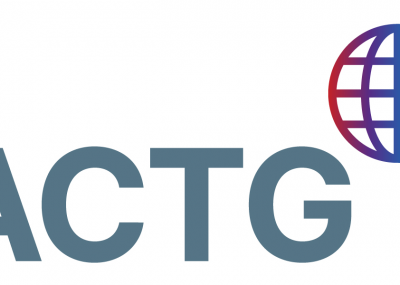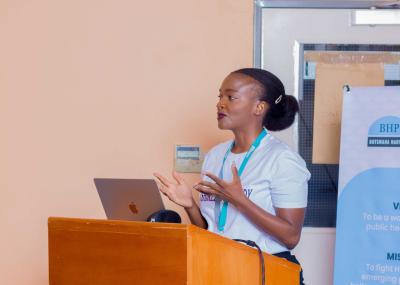In Botswana, HIV prevalence is 20.3% among those between 15 and 49 years old, and in sub-Saharan Africa, higher income has been associated with increased HIV risk. We qualitatively explored barriers to HIV testing and acceptability of HIV self-testing (HIVST) among higher socio-economic status (SES) men in Botswana. Twenty higher SES men (10 tested, 10 not tested recently) participated in semi-structured interviews and 10 men participated in asynchronous online focus groups (FGs) about HIV testing barriers and HIVST acceptability. Results indicated that stigma, inconvenience and perceived lack of confidentiality were barriers to HIV testing, as were masculinity-related concerns (e.g. fear of losing status if they accessed testing or were found to be HIV positive). Men said that HIVST reduced barriers to testing and that test kits could be placed in public spaces for pick-up and used in private. Overall, HIVST was seen as acceptable and feasible among higher SES men in Botswana.
Publications Date
Journal
Afr J AIDS Res
PMID
34905451
PMCID
PMC8717737 (available on 2022-12-01)
DOI
10.2989/16085906.2021.2000450
Abstract




